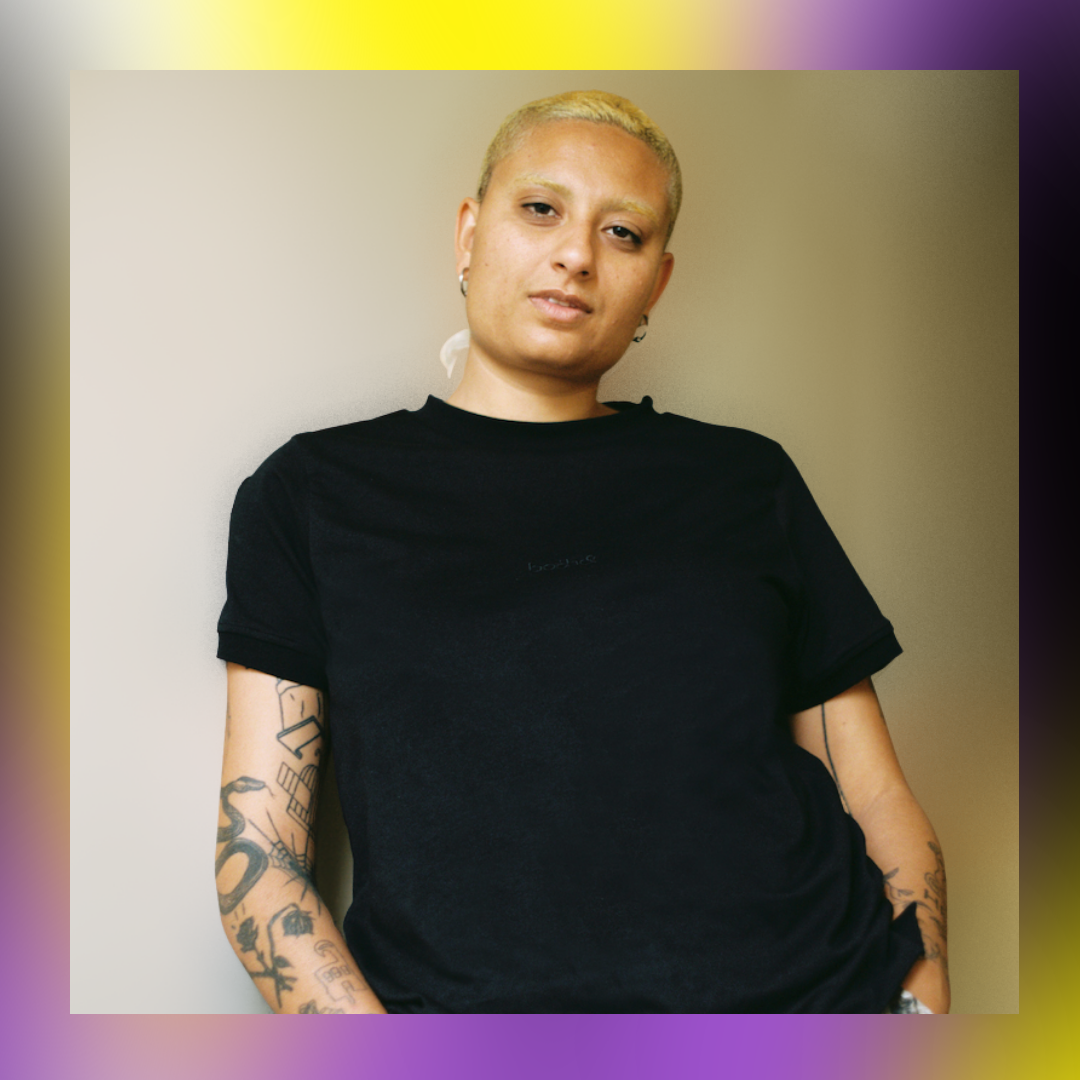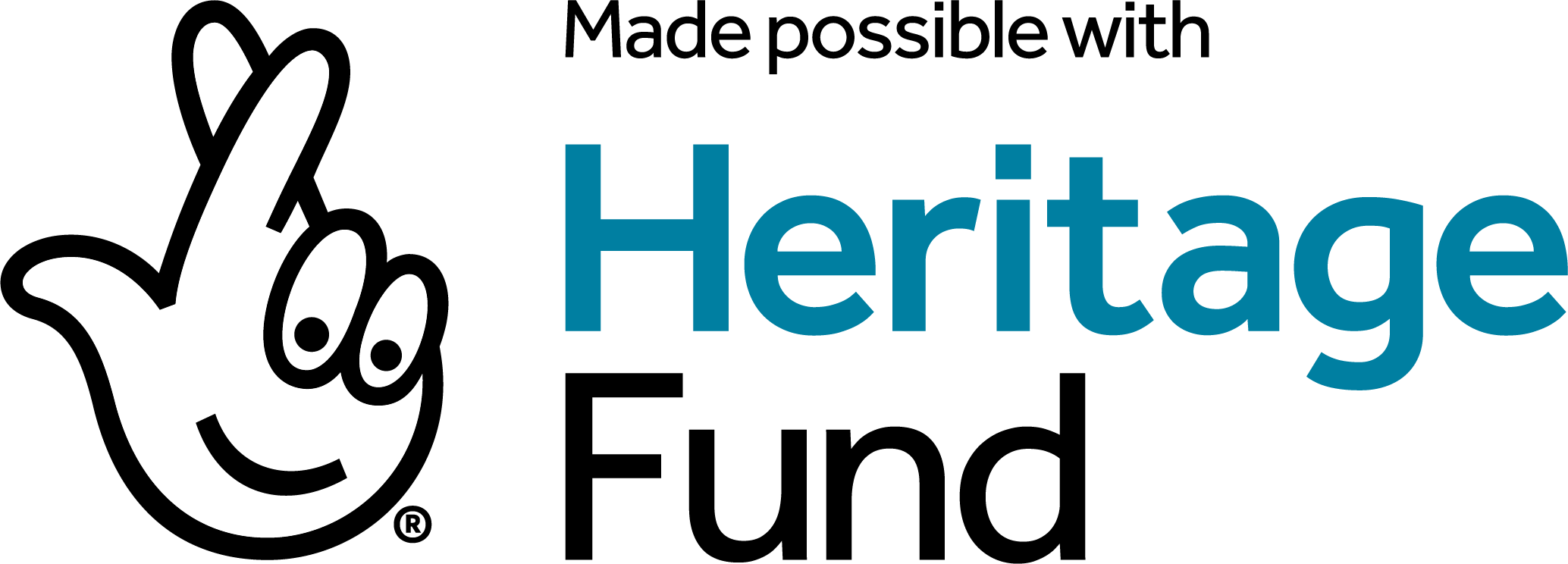Aisha Mirza, writer, DJ, counsellor and creator of MISERY, a sober club night and mental health club for queer, transgender, intersex and non-binary Black people and people of colour (QTIBPOC)
Aisha Mirza (they/them) writes about mental health, sex, race and gender and has written for BuzzFeed, gal-dem, The Guardian, The Independent, Black Girl Dangerous, Media Diversified , Open Democracy, The New York Times and others.
Their article, 'Staying Alive Through Brexit: Racism, Mental Health & Emotional Labour' was published in an anthology of essays by British Muslim writers called ‘The Things I Would Tell You’ in April 2017 (saqi books).
They are a DJ and founder of MISERY, a mental health hub and sober club night for QTIBPOC. Aisha is also a trained sexual assault, domestic violence and suicide counsellor and Indian head masseuse.
They are interested in body hair, madness and race and the impact of microaggressions on the psyche of queer black and brown people.

We asked Aisha to talk to us about their work on championing and promoting mental health, sex, race and gender awareness for QTIBPOC as the creator of MISERY and advice columnist at gal-dem zine
"I write a monthly advice column for gal-dem, answering questions about queer love and life. I am also a co-creator of Misery, a mental health arts charity and sober rave based in London.
As a writer, DJ, survivor, community organizer, artist, anti-capitalist, club kid, counsellor, mad person ~ misery is the place everything I love meets. It’s the thing that has taught me the most, about friendship, self-preservation, community care, cruelty & love. Thank God my journey with mental health which began overmedicated in psych wards a decade ago, has brought me here.
In 2014 I won a scholarship to study mental health & art at New York University. I went on to work as a social worker, supporting people with complex mental health needs across the city. At night, I worked at Bellevue hospital as a domestic violence & sexual assault crisis counsellor. In 2018, a crushing depression & no health insurance brought me back to London, where after another stint in hospital, Misery was created.
These days, Misery is my primary mental health offering, outside of which I choose to spend as much time as I can nourishing my other livelihoods & passions; music, writing, minding my own business, being in & around water, giggling with my wife & friends."
What is the change you’d love to see in our community?
I dream of worlds where every queer, trans, intersex black, brown, and indigenous person has easy and welcoming access to a choice of knowledges, resources, communities, and health care services that they need to sustain their wellbeing.

Thanks to National Lottery players
